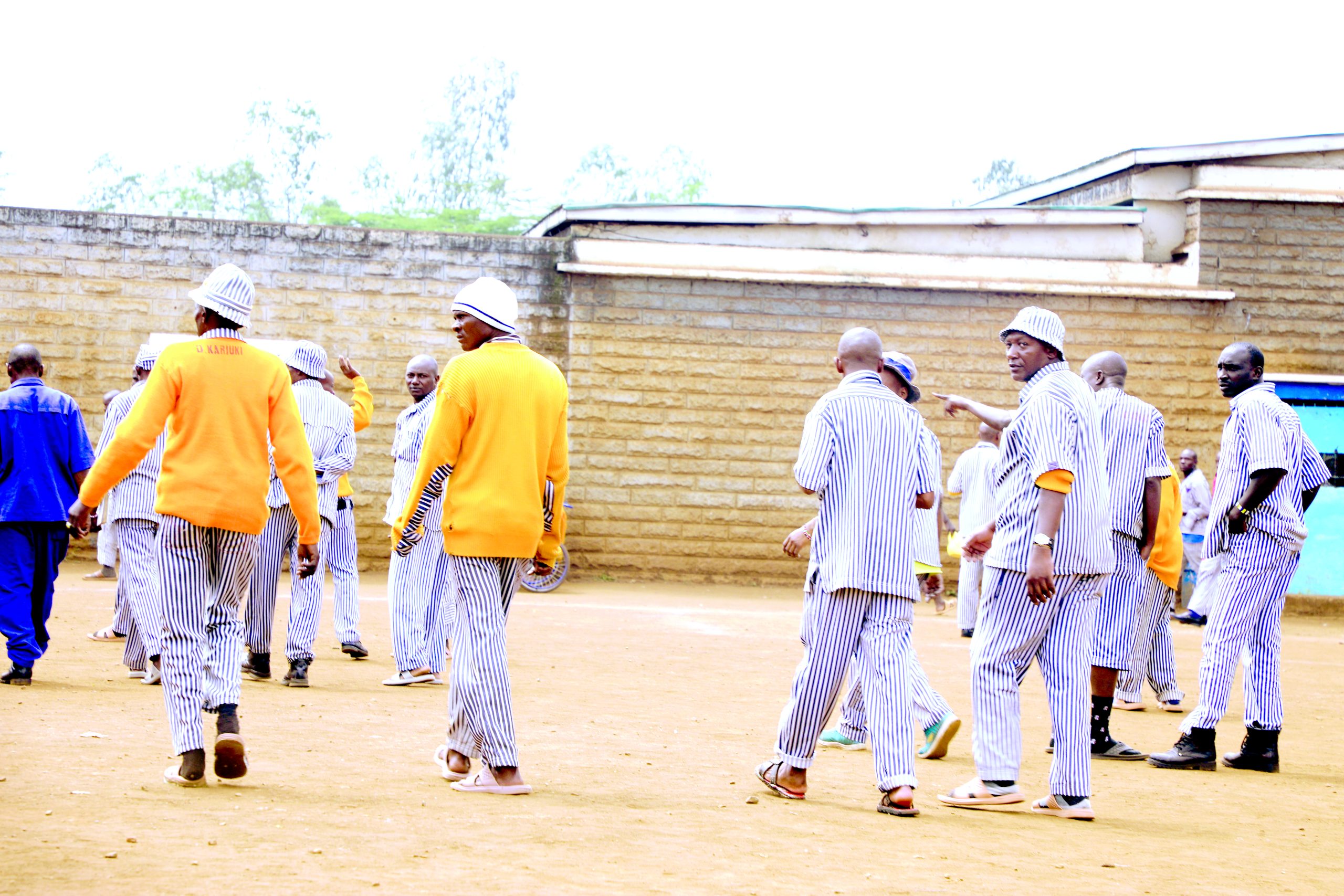Bail and bond remain out of bounds for the young, poor
By Zadock Angira, November 11, 2024The financial burden of fines and bail, as well as the absence of adequate collateral for bonds, have led to overcrowding of correctional facilities with pre-trial detainees.
Despite there being clear Bond and Bail Policy Guidelines (BBPG) whose main aim is to decongest remands and prisons, bail remains exorbitant and disproportionate to the social and economic status of accused persons, forcing them to remain in custody.
According to the report released after a study by the National Crime Research Centre (NCRC) on Friday, bail and bond terms in Kenya are often imposed without background checks, hence the high pre-trial detention rates.
“Bail and bond in Kenya is whimsically administered by the courts and the police. Some judicial officers treat bail and bond as a privilege rather than constitutional right,” the report states.
According to the NCRC, given that many accused persons are young people who are vulnerable and unable to meet bail and bond terms, there is a need to fast-track programmes and consider restorative dispute resolution or non-custodial graduated fines.
“Pre-bail reports should be mandatory for all criminal cases to ensure due consideration. Background information on socio-economic data of the accused as well as the rights of victims should be included,” the report states.
The non-custodial graduated fines or free bonds should be considered for petty offenders that have been in custody for longer than three years and unable to post bail or bond, according to the report.
No knowledge
The research study set out to investigate the level of satisfaction, challenges and gaps as well as the impact of the BBPG. From the onset, it found that most members of the public have limited or no knowledge of the guidelines. Other challenges include variation of cases, complaints over judicial discretion, slow processing of documents and review of bail and bond terms. Allegations of corruption also still persist.
NCRC said though the average perception of the effectiveness is high, statistics from the three key justice sector agencies -National Police Service, the Judiciary, and The Kenya Prisons Service -show that caseloads have generally remained the same.
The study was based on a sample of seven counties (Embu, Garissa, Kisumu, Mombasa, Nairobi, Nakuru, and Nyeri), 246 interviews with on accused persons and duty bearers among the police, judiciary, prosecution, probation, the children’s department and selected civil society actors.
“The Constitution is clear on what petty offences are, yet the laws especially the Criminal Procedure Code and the Penal Code still use old classifications such as misdemeanours and felonies,” the report states.
Though the right to bail and bond is a constitutional right in Kenya, this right is limited where justifiable grounds are established in accordance with the Constitution.
The study has further revealed that cash bails are in many cases not refunded prior to taking plea.
The difference
Bail is an agreement between an accused person and the court that the accused will attend court when required, and that should the accused person abscond, a sum of money or property directed by the court to be deposited, will be forfeited.
On the other hand, bond is an undertaking, with or without sureties or security, entered into by an accused person in custody under which he or she binds him or herself to comply with the conditions of the undertaking.
More Articles

